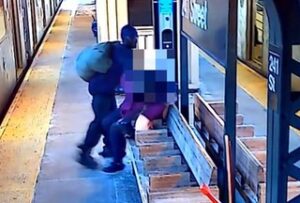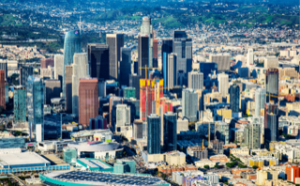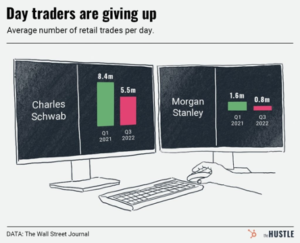Three Social-Justice Trends Boosting Crime in Major Cities

In big cities across the USA, crime is soaring. Robberies are up. Assaults are up. Carjackings are up. And murders are up.
There are, no doubt, several reasons for this. Here are three:
* Cashless Bail: A solution to a political problem – the problem being that poor people, and in particular people of color, spend time in jail because they can’t afford to pay their bail. To achieve equity, those people are released after booking, without bail, so they don’t have to spend time in jail.
* Reclassification of Crimes: In some cities, many crimes that were previously classified as felonies have been downgraded to misdemeanors. These include various kinds of theft and assault, carjacking, and resisting arrest.
* Woke DAs: In many of these same cities, DAs are being appointed who believe their job is to work towards social justice by declining to prosecute crimes that they deem not to be prosecution worthy.
What has happened in these cities, some speculate, is that the word is out. You can commit all sorts of crimes without worrying about going to jail.
There may be more to this rise in crime, but these three trends are a big part of it. What’s especially vexing is knowing that a very large percentage of the crimes are being committed by repeat offenders.
An example from New York: Frank Abrokwa. On Feb. 21, he was arrested for smearing his feces into a woman’s face as she sat in a subway station. Local newspapers covered it. He was arrested, processed, and released within hours.
The very next day, he was arrested for shoplifting at a hardware store and threatening employees with a screwdriver. Released without bail.
A month earlier, on Feb. 5, he had been arrested for punching a 53-year-old man at the Port Authority Bus Terminal. Again, he was released without bail.
A month before that, on Jan. 7, he had been arrested for hitting a stranger on a subway platform. He was released without bail.
Those are just four catch-and-release episodes concerning one man. But Abrokwa’s record is much more impressive than that. He’s been arrested 45 times.
Read the story here.
And watch the video here.





